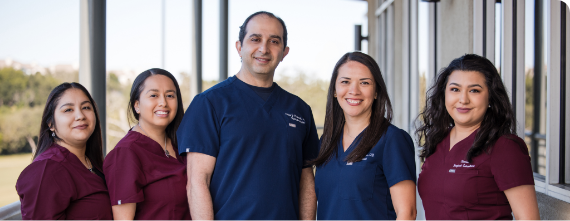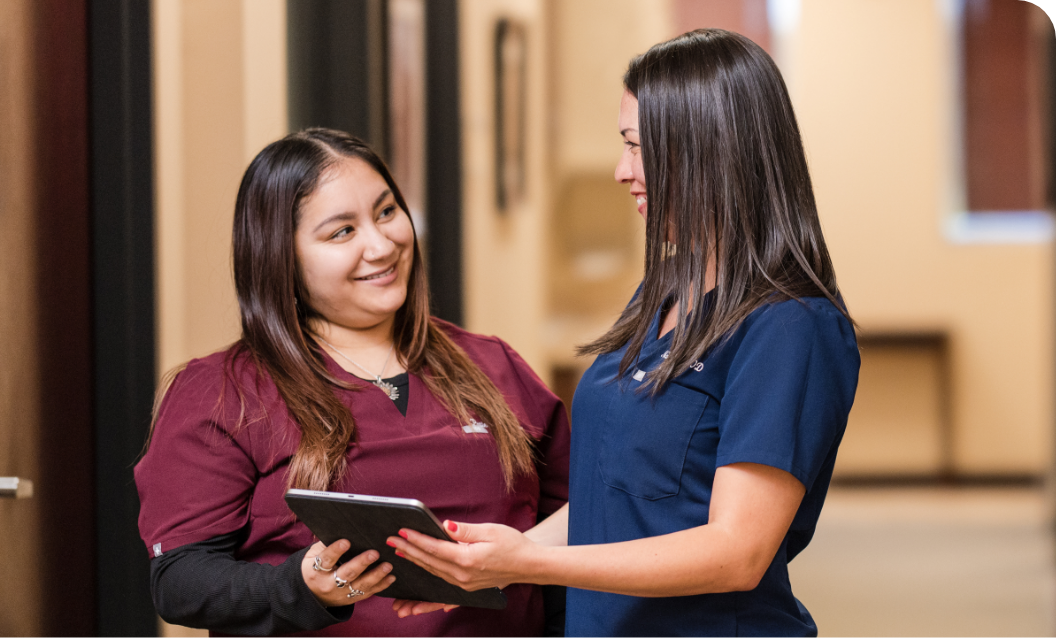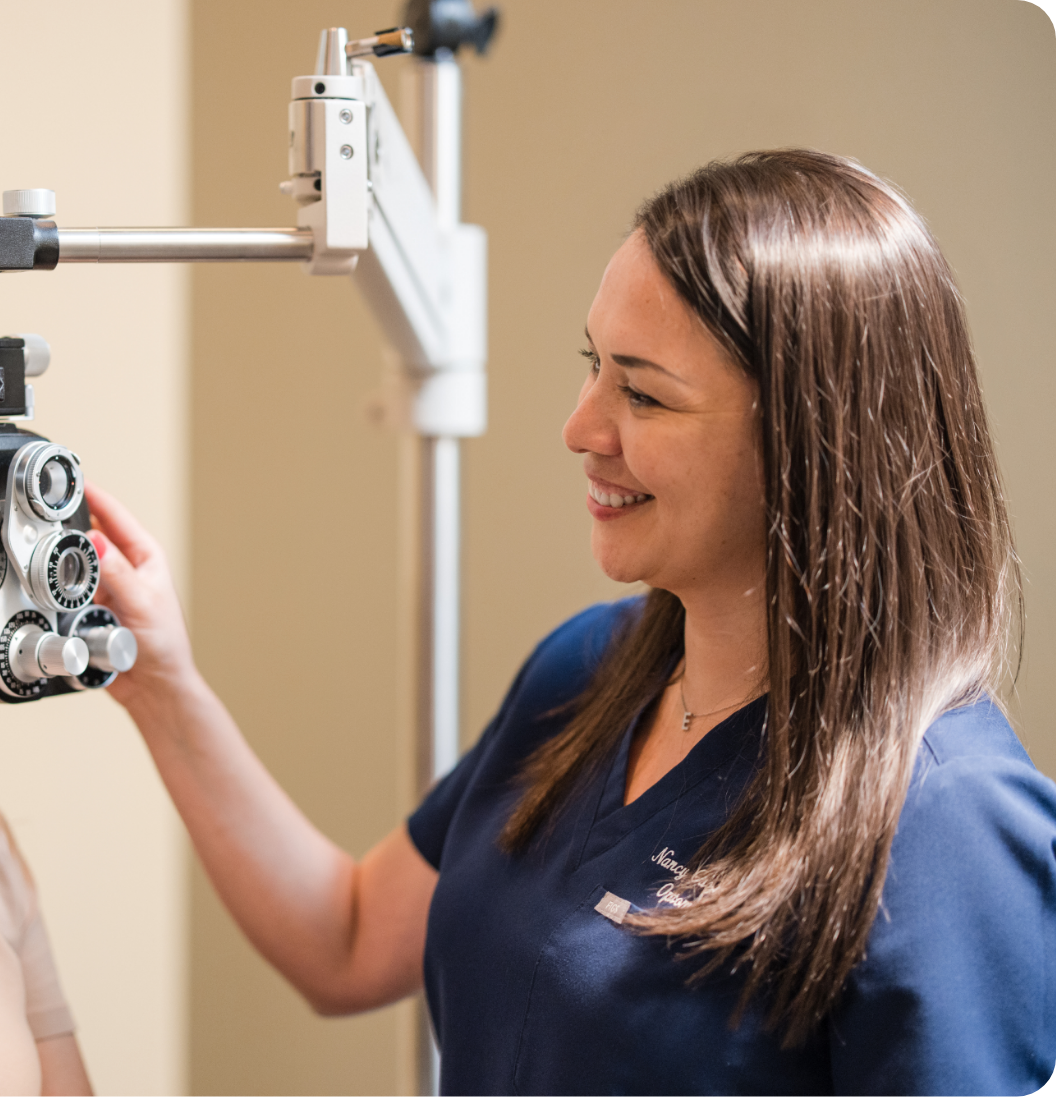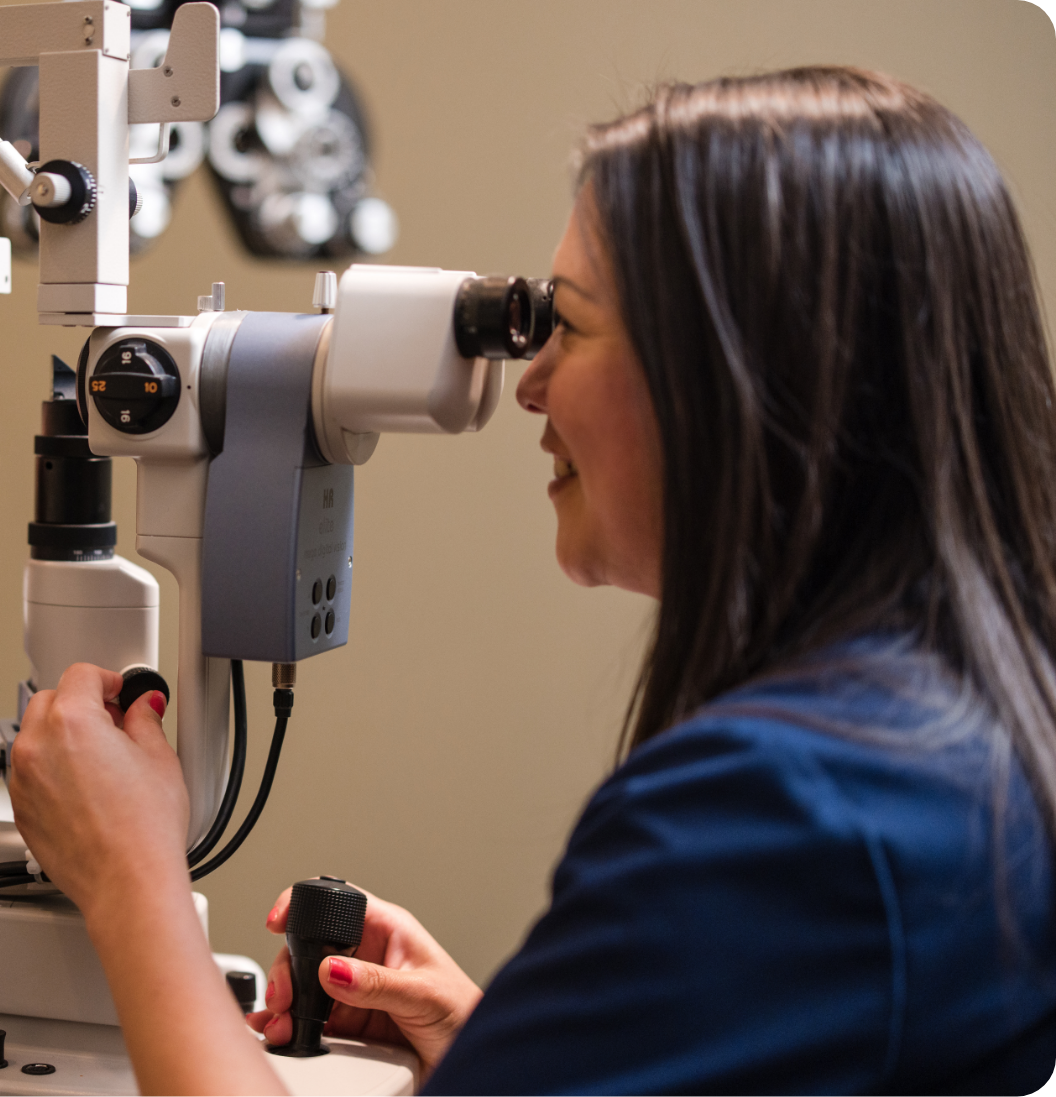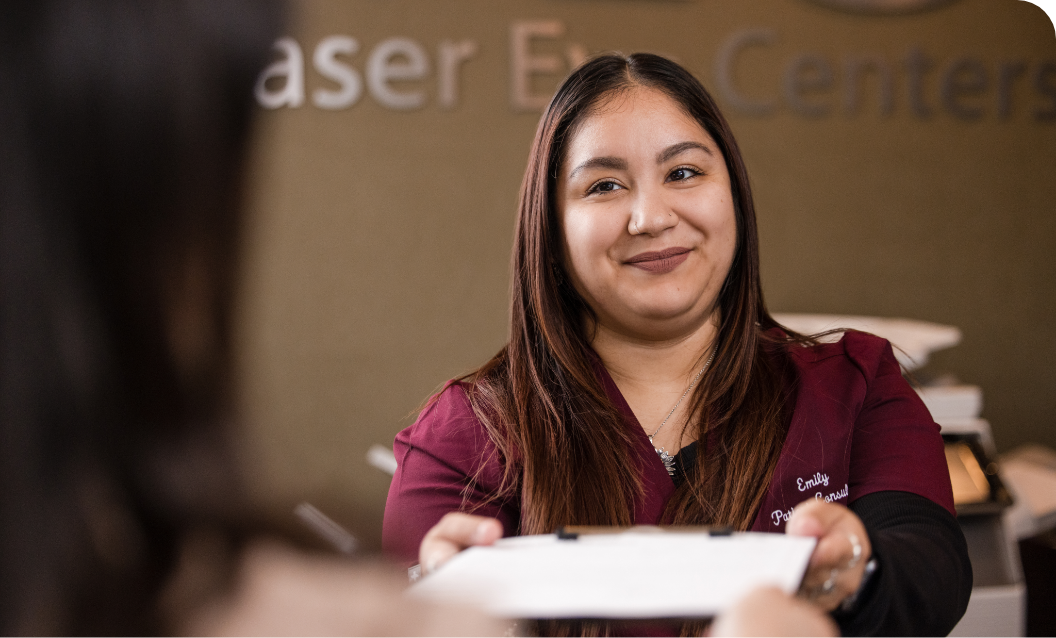
How many people do you know that wear glasses or contact lenses? Even if you don’t need to wear them all the time, glasses are a common and necessary visual aid, especially among older Americans. Almost 24% of Americans aged over 40 are nearsighted, while over 8% are farsighted and a massive 1 in 3 have astigmatism. More and more people from younger age categories are also finding they need vision correction earlier, with significantly longer periods of time now being spent in front of digital screens.
Those of you who need to wear some form of glasses or contacts lenses will know how much of a burden it can be at times, nevertheless, there is a simple answer to all these problems — vision correction surgery.
Problems Fixed by Vision Correction Surgery
Surgery that corrects your eyesight, for example LASIK, can address several problems:
-
Myopia
This is the medical term for nearsightedness. If you can see clearly close-up but objects in the distance appear out of focus, you are myopic. Myopia is a refractive error caused by the cornea being too curved or the eye being elongated, and although it is thought to be hereditary, it can also be caused by prolonged visual strain.
-
Hyperopia
This is the opposite of myopia – farsightedness. If you are farsighted, you will be able to see things clearly from a distance, but have trouble focusing on items closer to you. As the opposite of myopia, in this instance, the eye may be too short, or the cornea not curved enough.
-
Presbyopia
With very similar visual symptoms as hyperopia, presbyopia is an age-related condition. As you age, the lens in your eye can thicken and become less flexible so it can’t change shape easily, causing close-up objects to appear blurry. Presbyopia usually becomes apparent around age 40 and worsens gradually over time.
-
Astigmatism
This is due to an irregularly shaped cornea, usually football shaped rather than spherical, causing light entering the eyes to be refracted to various focal points rather than just one on the retina. This causes objects to appear blurry and distorted regardless of distance. It can be diagnosed at birth or in young children and can also be caused by the eye condition Keratoconus.
-
Treatment of refractive errors
While glasses and contact lenses are effective solutions for vision problems, there are also various range of surgeries available to permanently correct your vision.
Vision correction surgery costs can appear to be expensive at first, but as a long-term solution, the procedure works out to be more cost effective than regularly buying eyeglasses or contact lenses over your lifetime. Most importantly, laser vision correction surgery gives you back your visual freedom. At TLC San Antonio, we specialize in 4 different surgical options for vision correction:
- LASIK – which involves creating a small protective flap so that your inner corneal tissue can be accessed and reshaped using lasers. We have 3 different types of LASIK surgery available.
- PRK – which uses a similar method to LASIK, but removes the top layer of the cornea instead of creating a flap. The top layer grows back naturally after surgery.
- ICL or Implantable Collamer Lens – an artificial lens made of collagen, which is naturally found in the body, that is permanently implanted into the eye between the iris and the natural lens. This is an alternative for individuals with thin corneas or high prescriptions who aren’t suitable for LASIK or PRK.
- Refractive Lens Exchange (RLE) – where your eye’s natural, clear lens is replaced with an artificial intraocular lens. This surgery is almost identical to cataract surgery, which is performed to remove your eye’s natural, cloudy lens caused by a cataract.
Contact us to book a free consultation with one of our world class eye surgeons and begin your journey towards permanent vision correction today.
You’re in Good Hands with Our Doctors
We are dedicated to giving all of our patients the best experience possible. We’re here to put your mind at ease; with our experienced ophthalmologists and state-of-the-art technology, we can guarantee you’ll receive the most professional, reliable, and personalized treatments in San Antonio.



